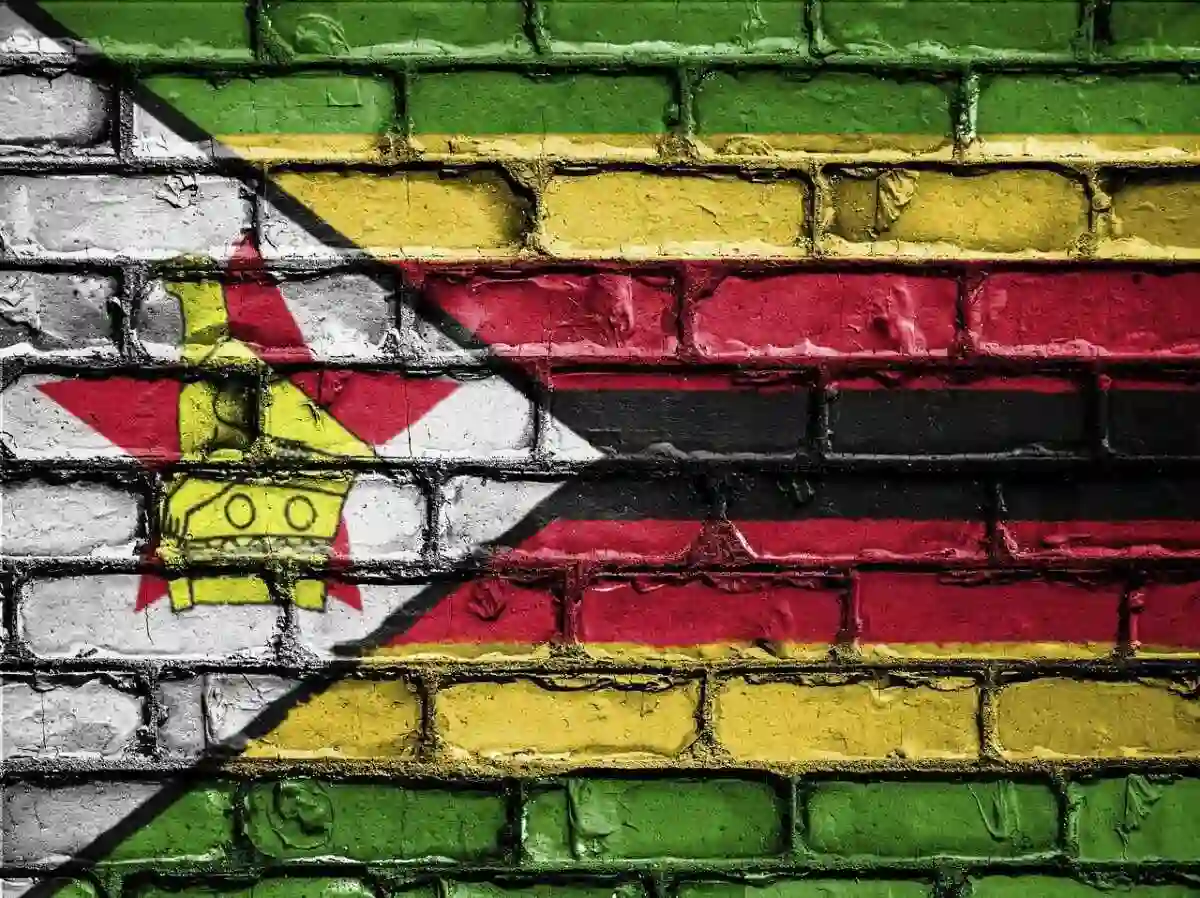For many Zimbabweans, waking up each day in Harare isn’t just tough—it’s a test of endurance.
So when the city was ranked the fourth worst place to live in the world, most locals didn’t flinch.
It wasn’t a shock. It was confirmation of a daily struggle they already know all too well.
Harare Lands Among the Worst in the World
According to the 2025 Global Livability Index, Harare came in 4th out of 10 on the list of the least livable cities globally.
The ranking was based on more than 30 different indicators grouped into five major categories: stability, healthcare, education, infrastructure, and culture and environment.
While the data might be technical, the reality it reflects is very human—people navigating daily power cuts, poor transport systems, unreliable access to water, and a public healthcare system constantly on the brink of collapse.
Zimbabwe’s Deeper Crisis in the Background
Harare’s grim position on the list is closely tied to Zimbabwe’s wider national issues.
The country has been battling decades of economic instability, with hyperinflation, a volatile currency, and sky-high unemployment draining hope from its citizens.
Public confidence in government institutions has also taken a hit.
Strikes in the health sector have become routine, and hospitals frequently run out of basic medications.
These aren’t just statistics—they’re everyday realities for people trying to raise families and earn a living in the capital.
Other African Cities Face Similar Struggles
Harare isn’t alone. Lagos (Nigeria) and Algiers (Algeria) also featured in the top ten of the least livable cities.
Like Harare, these cities are wrestling with a combination of economic hardship, aging or broken infrastructure, and political instability.
It’s a shared reality for many African urban centers: despite rich natural resources, the benefits rarely trickle down to everyday life.
Public services remain underfunded, and millions are left navigating broken systems—whether it’s schools, hospitals, or transport networks.
Here’s the Full List of the Bottom Ten
Here’s a look at the cities that ranked lowest in the 2025 Global Livability Index:
| Rank | Country | City | Index Score | Stability Score |
|---|---|---|---|---|
| 1 | Venezuela | Caracas | 45.0 | 35 |
| 2 | Ukraine | Kyiv | 44.5 | 40 |
| 3 | Papua New Guinea | Port Moresby | 44.0 | 30 |
| 4 | Zimbabwe | Harare | 44.0 | 40 |
| 5 | Nigeria | Lagos | 43.5 | 30 |
| 6 | Algeria | Algiers | 42.8 | 35 |
| 7 | Pakistan | Karachi | 42.7 | 20 |
| 8 | Bangladesh | Dhaka | 41.7 | 45 |
| 9 | Libya | Tripoli | 40.1 | 30 |
| 10 | Syria | Damascus | 30.7 | 20 |
What Should Be Done Next?
The big question now is whether governments should start prioritizing livability—things like healthcare, infrastructure, and public safety—over purely political gains.
For many residents across African cities, basic dignity and quality of life have been put on the back burner for far too long.
Isn’t it time for leaders to focus more on fixing what’s broken, so that cities like Harare and Lagos can become places people want to stay, not escape from?
